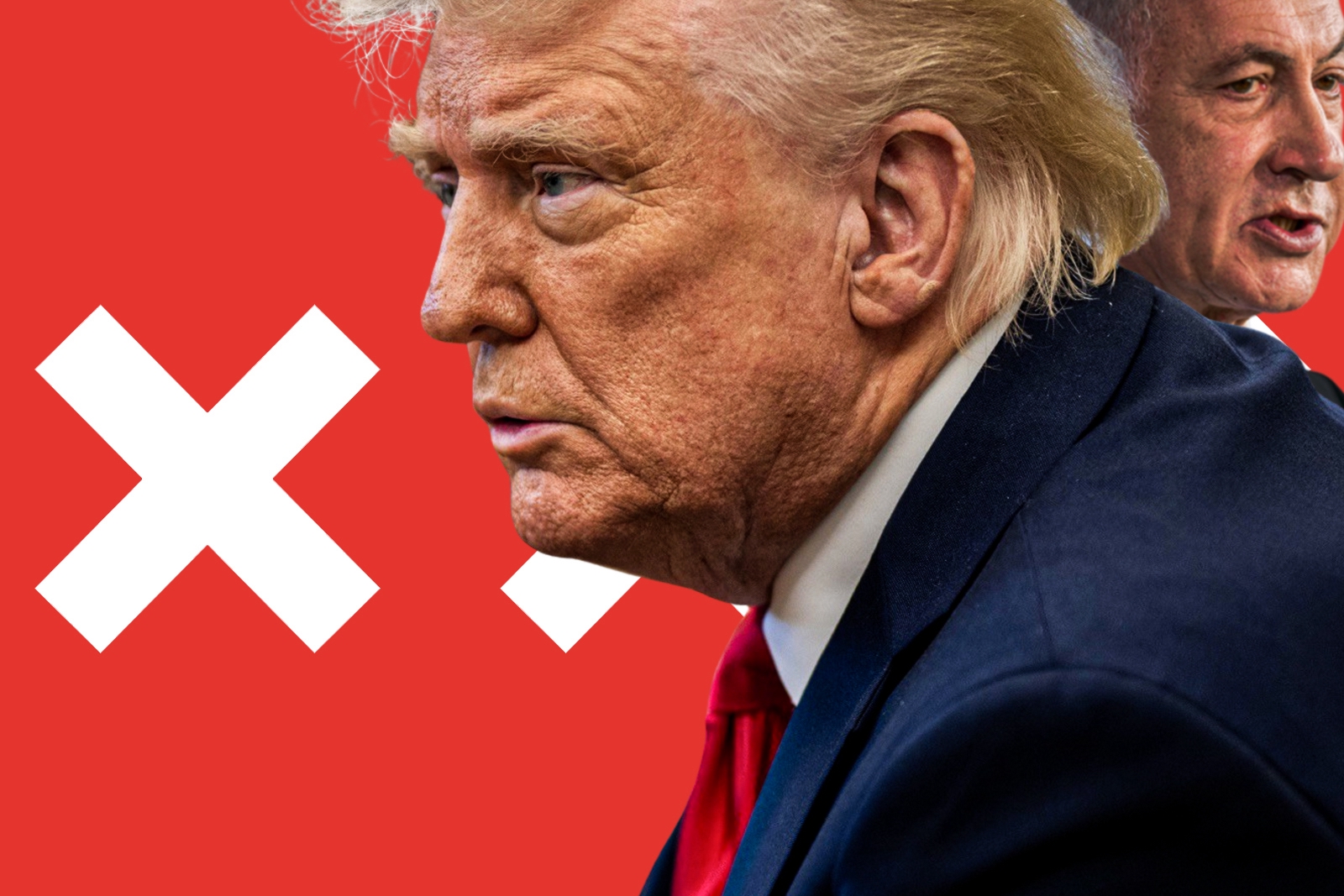
Directive to Iran: Retaliation Bad; De-Escalation Good
De-escalation has become one of those coarse words in severe need of banishment, best kept in an index used by unredeemable hypocrites. It is used by the living dead in human resources, management worthies, and war criminals. It’s almost always used to target the person or entity that exerts retribution or seeks to avenge (dramatic) or merely overcome (mildly) a state of affairs imposed upon them.
You might be bullied in the workplace for being fastidious and conscientious, showing up your daft colleagues, or reputationally attacked by a member of the establishment keen to conceal his corrupt practices. When contemplating retaliation, the self-appointed middle ground types will call upon you to “de-escalate” the situation, insisting that you appeal to the better side of your bruised nature. After all, you know it was your fault.
The joining of the United States in the war against Iran made Washington a co-conspirator to soiling international law and profaning its salient provisions. The U.S. was in no immediate danger, nor was there any imminent threat, existential or otherwise, to its interests vis-à-vis Tehran. Yet President Donald Trump, having had the poison of persuasion poured into his ear by Israeli Prime Minister Benjamin Netanyahu, had succumbed. His will annexed to that of the Israeli premier, Trump ordered the U.S. Air Force on June 22 to conduct bombing raids on three Iranian nuclear facilities: Isfahan, Natanz, and Fordow. They were recipients of that hefty example of phallocratic lethality known as the bunker buster, the GBU-57A Massive Ordnance Penetrator. With his usual unwavering confidence, Trump declared in an address to the nation that all the country’s “nuclear enrichment facilities have been completely and totally obliterated.”
In violating international law and desecrating that important canon injuncting states from committing crimes against peace, Israel and the United States are not the ones being told to restrain their violence and acknowledge breaching the United Nations Charter, risking yet another conflagration in the Middle East. It is their targeted state, the Republic of Iran, whose officials must “de-escalate” and play nice before the diplomatic table, abandoning a nuclear program, civil or military. “Iran, the bully of the Middle East,” Trump directs, “must now make peace.”
With suddenness, the advocates and publicists for international law vanished across the broadly described West. In Europe, Canada, the U.S., and Australia, the mores and customs observed by states could be conveniently forgotten and retired. In its place reigned the logic of brute force and unquestioned violence. Provided such violence is exercised by that rogue combine of Amerisrael, deference and dispensation will be afforded. The same could never be said for such countries as China and Russia, abominated for not accepting the “rules-based order” imposed by Western weaponry and force.
The lamentable, plaintiff responses from Brussels to Canberra tell a sorry tale: pre-emptive war waged against a country’s nuclear and oil facilities is just the sort of thing that one is allowed to do, since the rotter in question is a theocratic state of haughty disposition and regional ambition. You can get away with murdering scientists in their sleep, along with their families, liquidating the upper echelons of their military leadership, and killing journalists along the way.
The approved formula behind these responses is as follows. From the outset, mention that Iran must never acquire a nuclear weapon. If possible, underline any relevant qualities that render it ineligible to any other state that has nuclear weapons. Instruct Tehran that diplomacy is imperative, and retaliation terrible. Behave and exercise restraint.
Here is Prime Minister Sir Keir Starmer of the UK, speaking from his Chequers country retreat: it was “clear Iran cannot have a nuclear weapon,” which was “why our focus has been on de-escalating, getting people back around to negotiate what is a very real threat in relation to the nuclear program.” If one was left in any doubt who the guilty party was, UK Business Secretary Jonathan Reynolds helped dispel it, calling Iran “a threat to this country, not in an abstract way, not in a speculative way.”
The German Chancellor, Friedrich Merz, after convening his security cabinet on the morning of June 22, conveyed his views through German government spokesperson Stefan Kornelius: “Friedrich Merz reiterated his call for Iran to immediately begin negotiations with the U.S. and Israel and to find a diplomatic solution to the conflict.”
French President Emmanuel Macron similarly got on the de-escalation bandwagon with gusto, giving a teacherly warning to Iran to “exercise the greatest restraint” and dedicate itself to renouncing nuclear weapons. It was the only credible path to peace and security for all. The president conveniently skipped past the huge elephant in the room: Israel’s illicit possession of nuclear weapons, undeclared, unmonitored, and extra-legal, as a factor that severely compromises the issue of stability in the Middle East.
From the European Union, the attackers and the attacked were given equal billing. “I urge all sides to step back, return to the negotiating table and prevent further escalation,” urged Kaja Kallas, Vice-President of the European Commission. The obligatory “Iran must never be allowed to develop a nuclear weapon, as it would be a threat to international security” followed. European Commission President Ursula von der Leyen also thought it perfectly sensible to matronly instruct the Iranians on the next step: “Now is the moment for Iran to engage in a credible diplomatic solution. The negotiating table is the only way to end this crisis.”
All these comments are deliciously rich given that Israel has never entertained negotiations on any level with Iran, dismissive of its nuclear energy needs, while the first Trump administration sabotaged the diplomatically brokered Joint Plan of Comprehensive Action that successfully diverted Tehran away from a military nuclear program in favour of a lifting of sanctions. Talk from Amerisrael and their allies would seem to be heavily discounted, if not counterfeit. The glaring, coruscating message to Iran: retaliation bad; de-escalation good.
